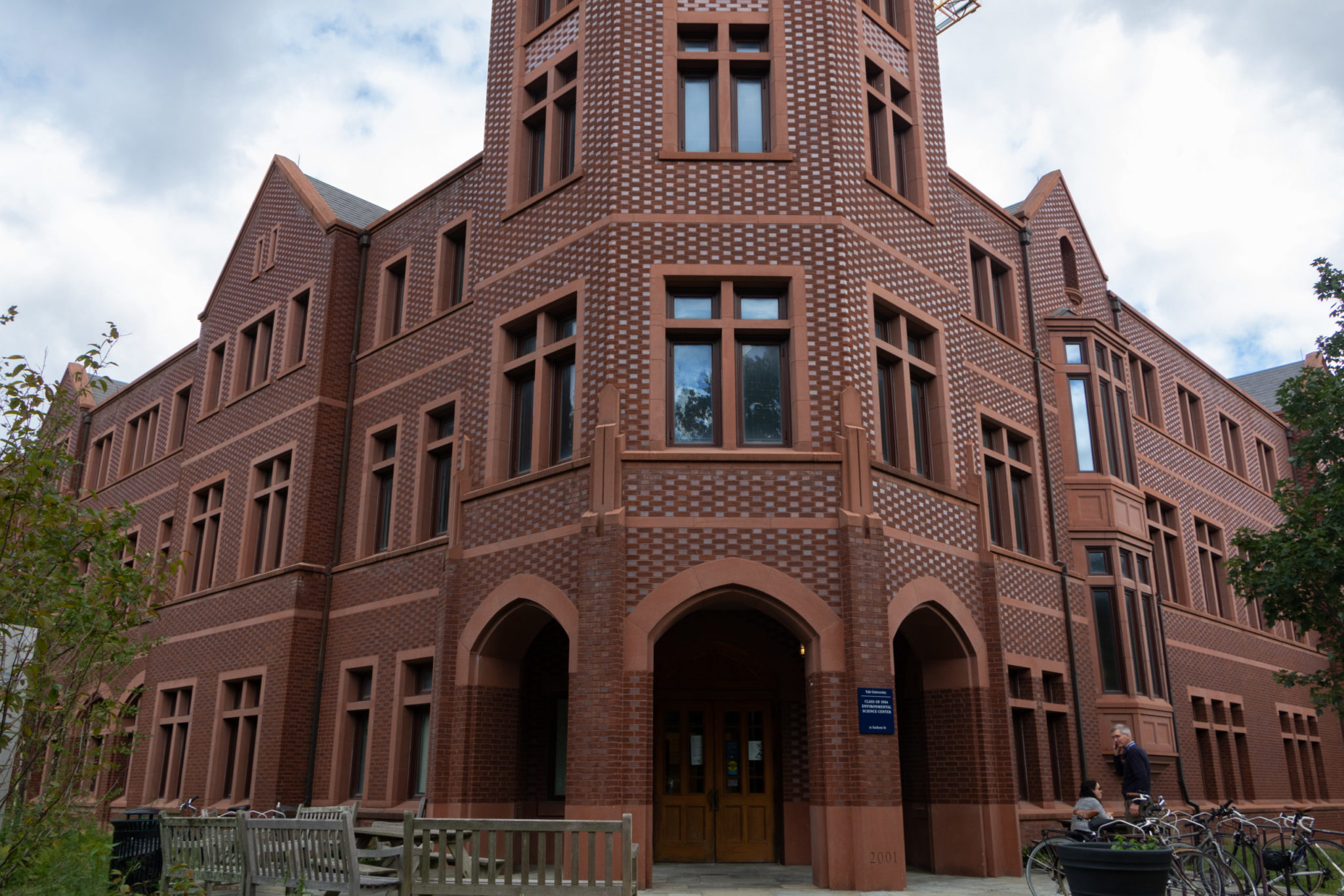Yalies travel to Egypt for COP27 climate summit
Students and faculty flocked to Sharm el Sheikh, Egypt to attended the COP27 climate summit to address the pressing concerns around climate change and the environment.

Zoe Berg, Senior Photographer
Last week, Yale students, staff and faculty members traveled to the United Nations Climate Change Conference, also known as COP27, in Sharm el Sheikh, Egypt.
This conference, the first to be held in Africa since 2016, has been characterized so far by the tension between wealthy, polluting countries and developing nations that are feeling the sharpest effects of climate change. Dozens of Yale affiliates traveled to the conference to join the conversation alongside government officials and activists.
“I’m really looking to see if countries like our own are going to actually support the more vulnerable territories, islands and nations who largely are the lowest contributors to the climate change crisis,” Lauren Wiggins ENV ’23, one of the students attending the conference, said.
Wiggins optimistically noted United States President Joe Biden’s announcement of $150 million in aid for climate adaptation efforts in Africa. This initial amount, she hopes, could set a precedent for other wealthy nations to contribute climate aid. Although excited by the commitment, Wiggins notes that the figure is a modest amount for an entire continent.
In some circles, mostly among activists and officials from developing nations, this money has been referred to as “climate reparations,” Wiggins explained. She said that wealthy nations have avoided saying climate reparations in part, she speculated, to avoid the assumption that they have done other countries harm in the past.
“More of the idea of just financing comes up rather than loss and damage,” Wiggins said. “It’s almost like we just wanna make sure that we’re maintaining the capitalist mechanism […] of finding ways to fund the things that we choose to be most pressing or that we deem to be most worthy.”
Destiny Treloar ENV ’23, a student attending the conference, also emphasized the need for diverse perspectives to address climate change.
According to Treloar, a successful climate summit will depend on having historically underrepresented leaders take center stage.
“The youth, women, BIPOC communities, indigenous folks and those most adversely affected by the climate crisis need to be present and heard at this conference,” Treloar wrote to the News. “Climate justice will not progress when missing these vital voices.”
David Wade, lecturer at the Jackson School of Global Affairs and the director of the Jackson School’s Kerry Initiative, said that this conference differs from last year’s in Glasgow because it focuses on implementing the Nationally Determined Contribution, which refers to how much each country is willing to reduce its emissions and adopt other measures against climate change.
“Paris, then Glasgow, were moments to build out the framework,” Wade said. “This COP, as a follow up to COP26 is primarily focused on holding people accountable and checking in on how they are doing on those commitments.”
As for whether countries will make clear commitments to climate reparations, Wade explained that this year’s COP was intended to “come up with a formula and a dialogue to try to deal with the issue of adaptation and big countries’ responsibilities.”
On the one hand, Wade sees large, wealthy countries trying to come to a resolution that will not divide the conference. On the other hand, he said, there is the worry that some countries may use climate reparations as a way to avoid their own commitments to mitigate the effects of climate change by reducing emissions.
“There are some big countries, China and a couple of others, that are not doing what they’ve committed to do on decarbonizations and who I think are sometimes trying to use the loss and damage issue as a great distraction away from what they are not doing themselves to deal with the primary challenge of mitigation,” Wade said.
Biden has pledged $11.4 billion annually to assist developing nations to adapt to climate change.







